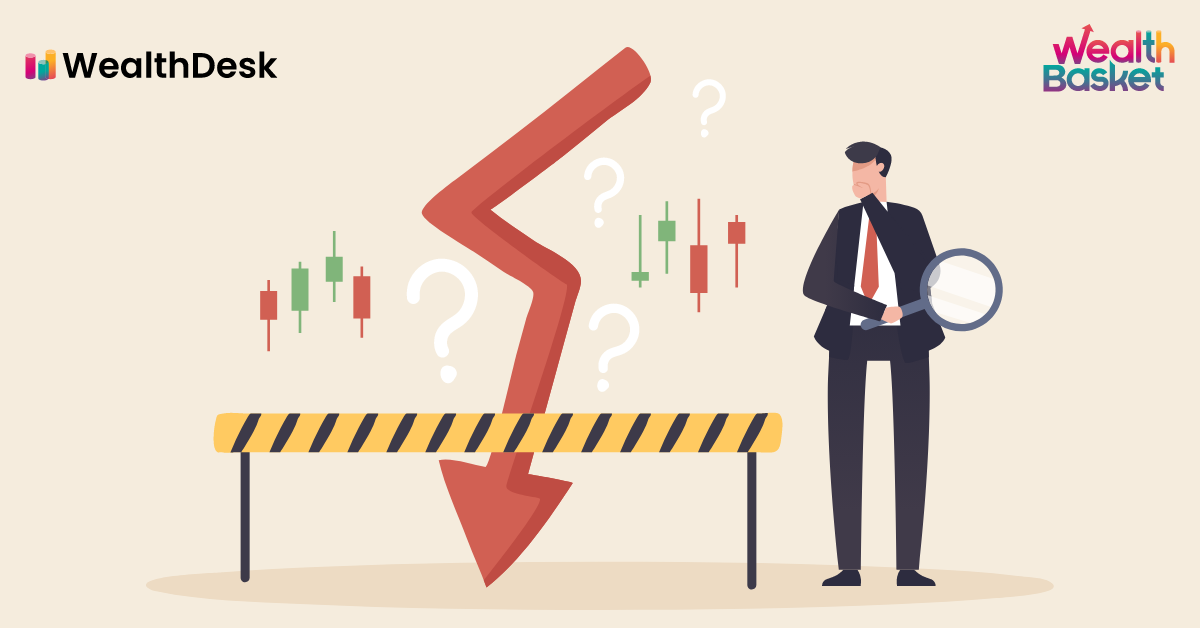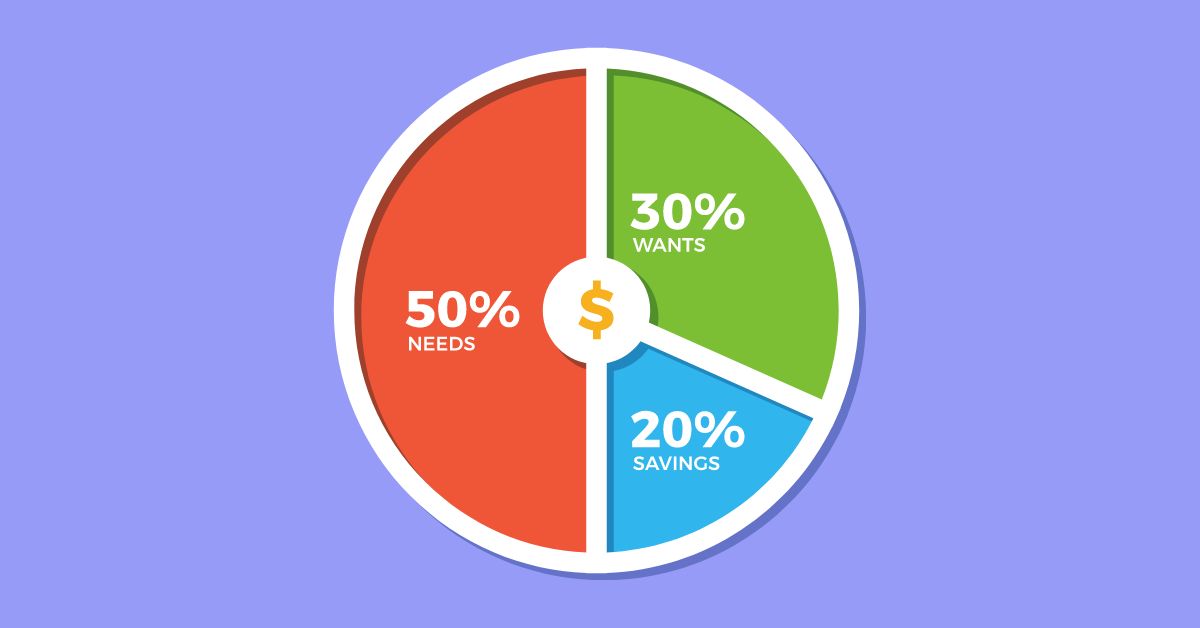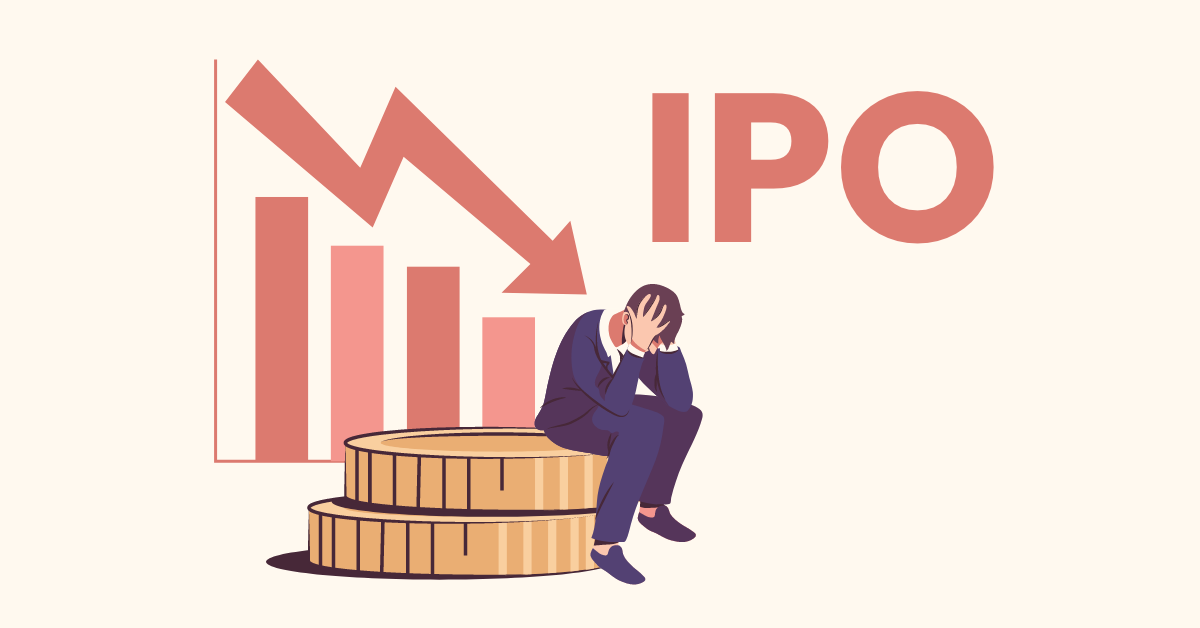
Direct equity investments are an attractive way to build wealth. Over the past couple of years, small-cap equity investments have given the highest returns among all asset classes. But, there are pros and cons to every form of investment.
This blog explores the disadvantages of direct investments in stocks.
What are direct equity investments?
When you invest in stocks directly (and not by investing into funds and schemes), your investment will be categorized under direct equity investments. You can make direct equity investments based on your own research or a professional’s advice.
On WealthDesk, you can invest in stock and ETF portfolios, called WealthBaskets, managed by SEBI registered professionals. Each security in a WealthBasket is transferred directly to your Demat account. SEBI registered professionals are responsible for managing the WealthBaskets. You can rebalance with just one click.
Disadvantages of direct equity investments
Risks of directing investing
Investing directly into stocks requires you to shortlist stocks and build a portfolio with risks and returns that suit you. But, due to the various factors involved, there is a possibility that you might make a mistake and invest in risky stocks.
Various factors can affect stock prices. To fully understand what the price will be for a certain stock, you have to:
- Observe the price patterns through technical analysis
- Identify events that could affect the market
- Identify and track factors that could influence the industry’s profits
- Identify and track company-specific factors that can affect the company’s profits
This is why stock picking is considered to be a difficult job.
Common stockholders are paid last
If you are a common stockholder in a company, you would be paid after the creditors and preference shareholders have been paid.
The company is required to pay creditors as per the repayment schedule. The preferred shareholders are usually paid a fixed amount of dividend. Common shareholders are paid last.
The return ratio on common stockholders’ equity can be calculated by dividing the equity shareholders’ dividends by their investment amounts.
Stocks may take time to grow
Picking the right stocks to invest in is difficult. It is even more difficult to tell how long an investment will take to pay off. Suppose you shortlist growing stocks to invest in. It may take time for the stock prices to rise. Some stocks may show high growth within days or weeks. On the other hand, some stocks may stay stable for a long time before entering their growth phase.
Although it is not perfect, technical analysis can give you insights into how a stock price might move.
Capital Gains Tax
Capital gains tax is applicable on gains realized from stock market investments. For stocks, long term investments are defined as investments held for more than 12 months. Short term investments are defined as investments held for less than 12 months.
Short term investments attract a capital gains tax of 15% irrespective of your income slab.
Long term capital gains tax in India was changed in 2018. Taxable gains from the sale of long term investments are calculated according to the ‘grandfathering rule’. According to the grandfathering rule, long term capital gains until 31st January 2018 will not be taxed.
Discover stocks that suit certain filter criteria and dive into details to check their WealthBaskets.
Long term capital gains of more than ₹1 lakh attract a tax of 10% without the benefit of indexation.
What are indexation benefits?
Here, indexation refers to adjusting the purchase price of an investment to reflect the effects of inflation. Through indexation, you might be able to lower your long-term capital gains and bring down the taxable income.
Emotional Distress
Stock market investments can cause anxiety and drain an investor emotionally. Investors have to deal with the fear of losing money. They also need to avoid being emotionally invested in a particular stock because it has given them good returns.
Suppose an investor cannot keep their mental state free from too much greed or fear. In that case, they might make emotional decisions that should normally be avoided.
Competing with professional and institutional investors
Institutional investors have large amounts of capital. They have access to the best research, analysis and fund management, among other services. Institutional shareholders are better equipped to research, analyze, invest and execute trades than retail shareholders. They generally hold large portions of holdings in a company, and have better access to management, in comparison to retail investors.
In many cases, by the time retail investors act on investment ideas, the stock prices may have already been rising because of the activity of institutional investors.
Final Thoughts
Direct equity investments have as many pros as they have cons. They may affect you emotionally. There are various risks involved, equity shareholders get paid last, and you also have to compete with institutional investors. You should be aware of the various costs involved in stock market investments.
FAQs
Investing does have the potential to build wealth. However, there are various risks to every type of investment. Also, you must be aware of the various costs associated with the various forms of investing.
You can make losses from your stock investments due to factors that affect the market as a whole, factors affecting the sector’s profitability, and company-specific factors that can affect their profitability.
Risks associated with stock market investments can be divided into market and business risks. Market risk refers to the uncertainty associated with all investments in the market. Business risk refers to the uncertainty associated with the individual stock.
Risks that are beyond human control are called pure risks. They can result in complete loss or no loss at all.


















